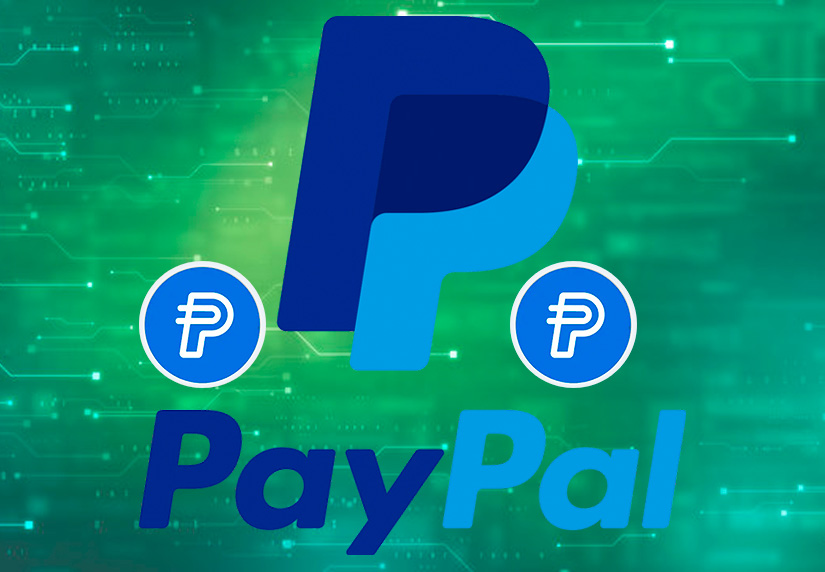PayPal, the global online payment giant, has launched its own Ethereum-based stablecoin called PayPal USD (PYUSD) in partnership with Paxos, a regulated blockchain infrastructure platform. According to a recent transparency report by Paxos, PYUSD is fully backed by assets held in custody by Paxos for the benefit of PYUSD holders.
The report shows that as of Aug. 31, 2023, the total tokens outstanding of PYUSD amounted to $44.4 million, while the total notional position value amounted to $44.5 million. The report also states that the total assets held in PYUSD custody “meet or exceed the token balance”, meaning that PYUSD is fully collateralized.
Newcomer PYSUD is Gaining Increasing Popularity
Most PYUSD assets are funded by U.S. Treasury reverse repurchase agreements, which are contractual arrangements between two parties where one party agrees to sell securities to another party at a specified price with a commitment to buy them back later.

The report reveals that $43 million, or nearly 97% of total assets in PYUSD custody, are held in Treasury reverse repurchase agreements. Paxos explains that its repurchase agreements are overnight maturity with reputable financial institutions and overcollateralized with U.S. Treasuries.
This means that in case of a default by the counterparty, Paxos can liquidate the U.S. Treasury collateral to recover its funds. “As all trades are overcollateralized, the risk of loss is not deemed to be material,” Paxos adds.
The remaining $1.5 million of PYUSD assets are backed by cash deposits at insured depository institutions, which are members of the IntraFi network. Paxos notes that not all deposits are covered by the Federal Deposit Insurance Corporation (FDIC) or private insurance, and Paxos may still incur losses in the event of a bank insolvency.
The transparency report by Paxos is the first of its kind for PYUSD, which was launched on Aug. 7, 2023. The stablecoin is designed to offer fast and low-cost transactions for PayPal users and merchants around the world. PYUSD has already been adopted by several cryptocurrency platforms, such as BitPay, Kraken, Gate.io and Crypto.com.


